The holiday season is not only a time for festive decorations and joyous gatherings but also an opportunity to explore the intersection of science and fun. On the occasion of Dag van de Wetenschap (Science Day) held in Belgium on 26 November 2023, higher education institutions, research centres, musea and companies organise events to let the public discover science.
The OSIRIS team at KU Leuven, Magdalena Kozula, Veerle Van den Eynden and Patrick Onghena, together with Constant Vinatier of LORIER, Leonie Dudda of Utrecht MCU, Olivia Kirtley of KU Leuven and Charlotte De Metsenaere of Zeggedis, took this opportunity to let people embark on a baking adventure that demystified the often elusive concept of reproducibility, based on a fun experiment designed by Florian NAUDET of the LORIER OSIRIS team in France.
Bake Off Science not only brought the Christmas spirit to life but also showcased the importance of obtaining consistent results in science. Organized as a festive bake off competition, we aimed to test whether adherence to a detailed recipe written out in line with scientific reporting guidelines, could enhance the reproducibility of baking perfect Christmas tree meringues. Participating teams were randomly divided into two groups, each receiving ingredients and instructions for baking 15 meringues at home. The twist? One group followed a classic baking recipe, while the other received a detailed recipe and an instructional video. This symbolizes then how the use of standardized reporting guidelines to describe scientific processes is expected to contribute to better reproducibility.
As teams brought in their baked goodies on the day, a playful jury formed by Charlotte De Metsenaere and her performing colleagues Stephanie Eggermont and Daniel Marteaux assessed them in a blind and random setup for appearance, color, height and taste, giving scores of 1 to 10 in comparison to a gold standard set of Christmas tree meringues prepared by an amateur baker. Ten meringues from each baking team were randomly and blindly scored for visual aspects. The remaining five were displayed in a creative way and were assessed for taste.
Then we explained to participants how they had unknowingly participated in a randomized controlled trial to assess whether reporting guidelines for baking could enhance the reproducibility of perfect meringues. The idea was that we would be able to test whether the group of teams using a detailed recipe and video scored on average higher (baked better meringues) than the control group of teams using a basic recipe.
The number of participating teams was in the end not high enough to test this statistically, but the event was a fun way to bring the concept of reproducibility in science to the public. And the amazing displays that teams had created with their meringues, made the prize for most beautiful display the hardest for the jury to decide.
Picture Credit: Filip Van Loock

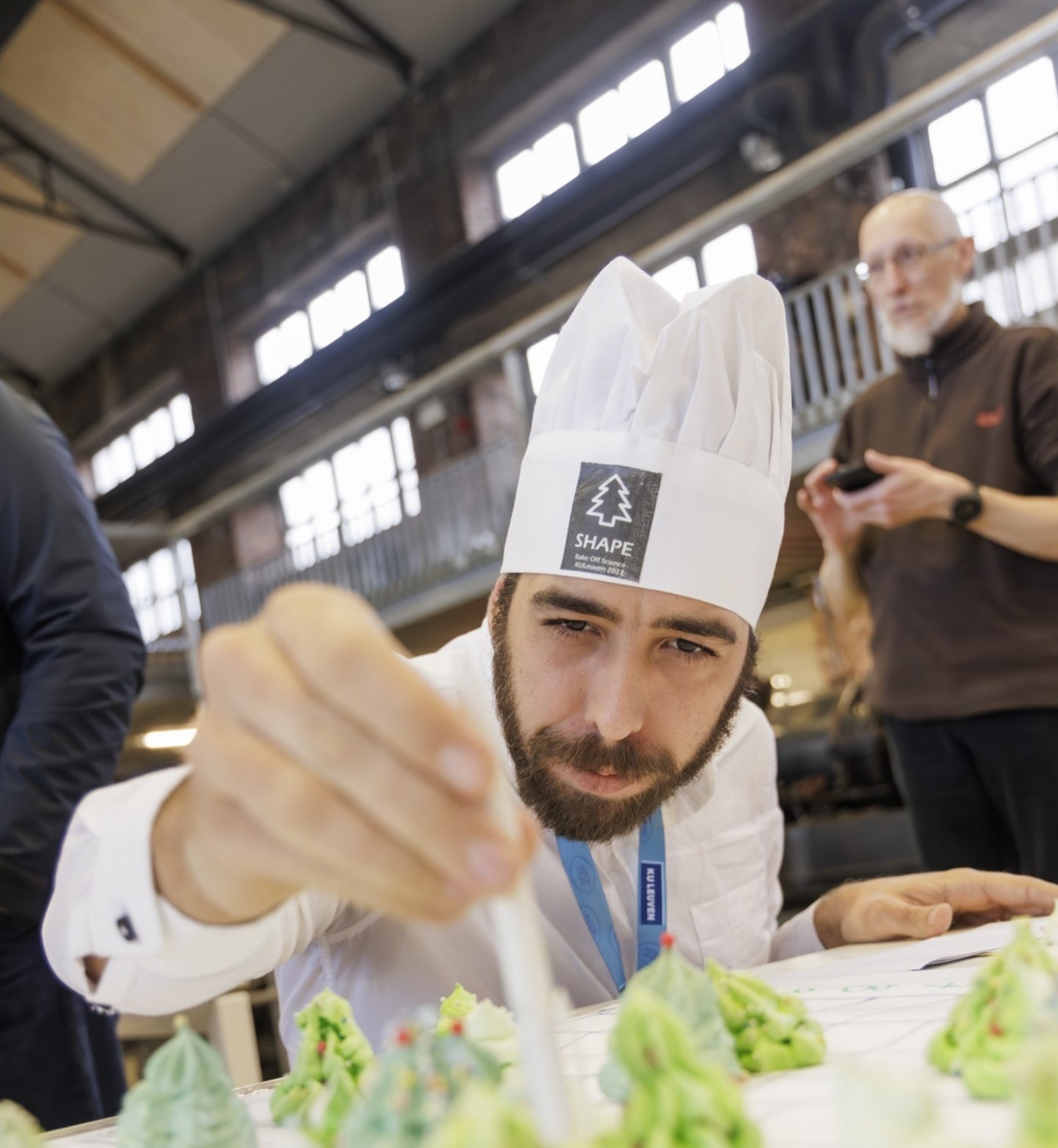
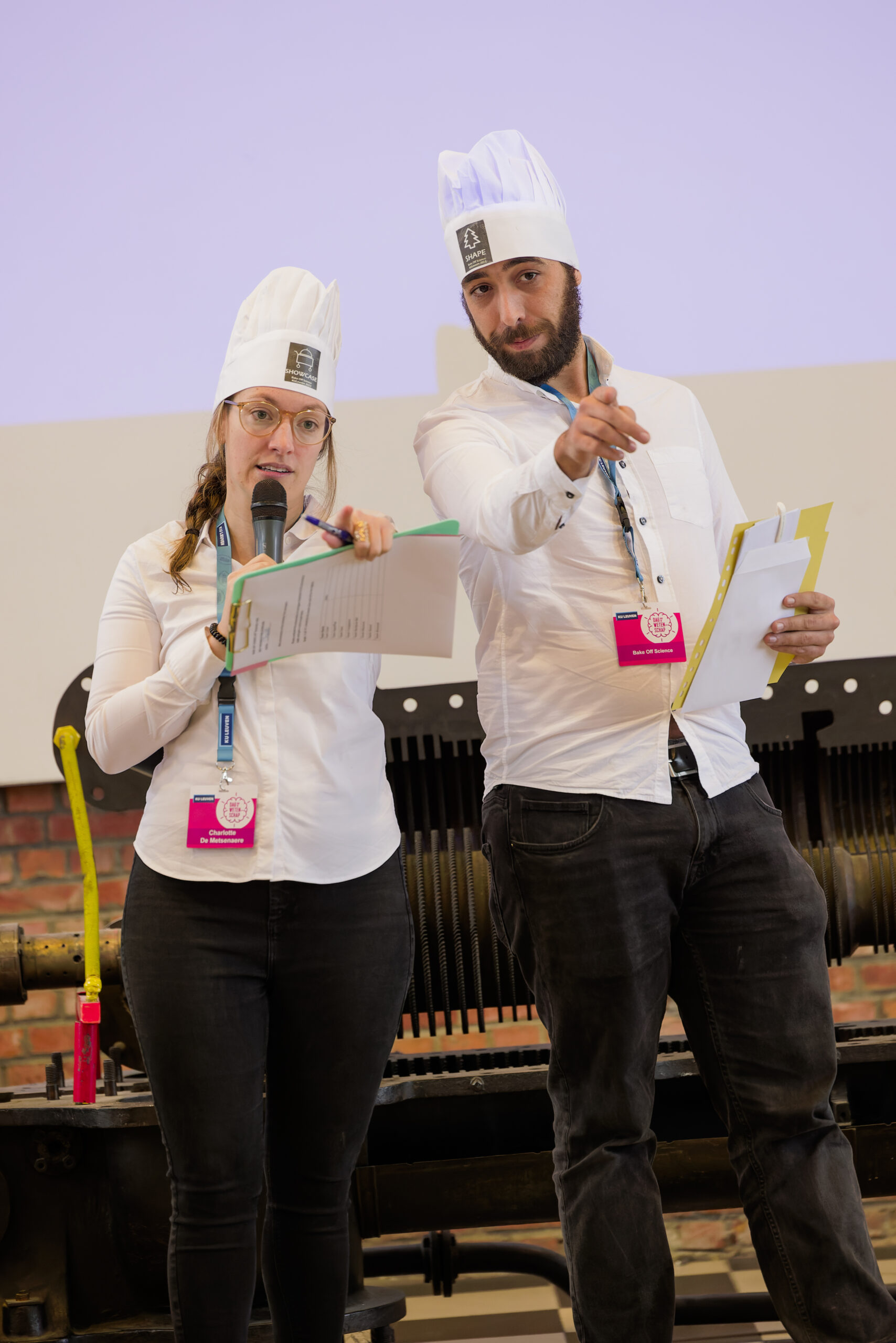
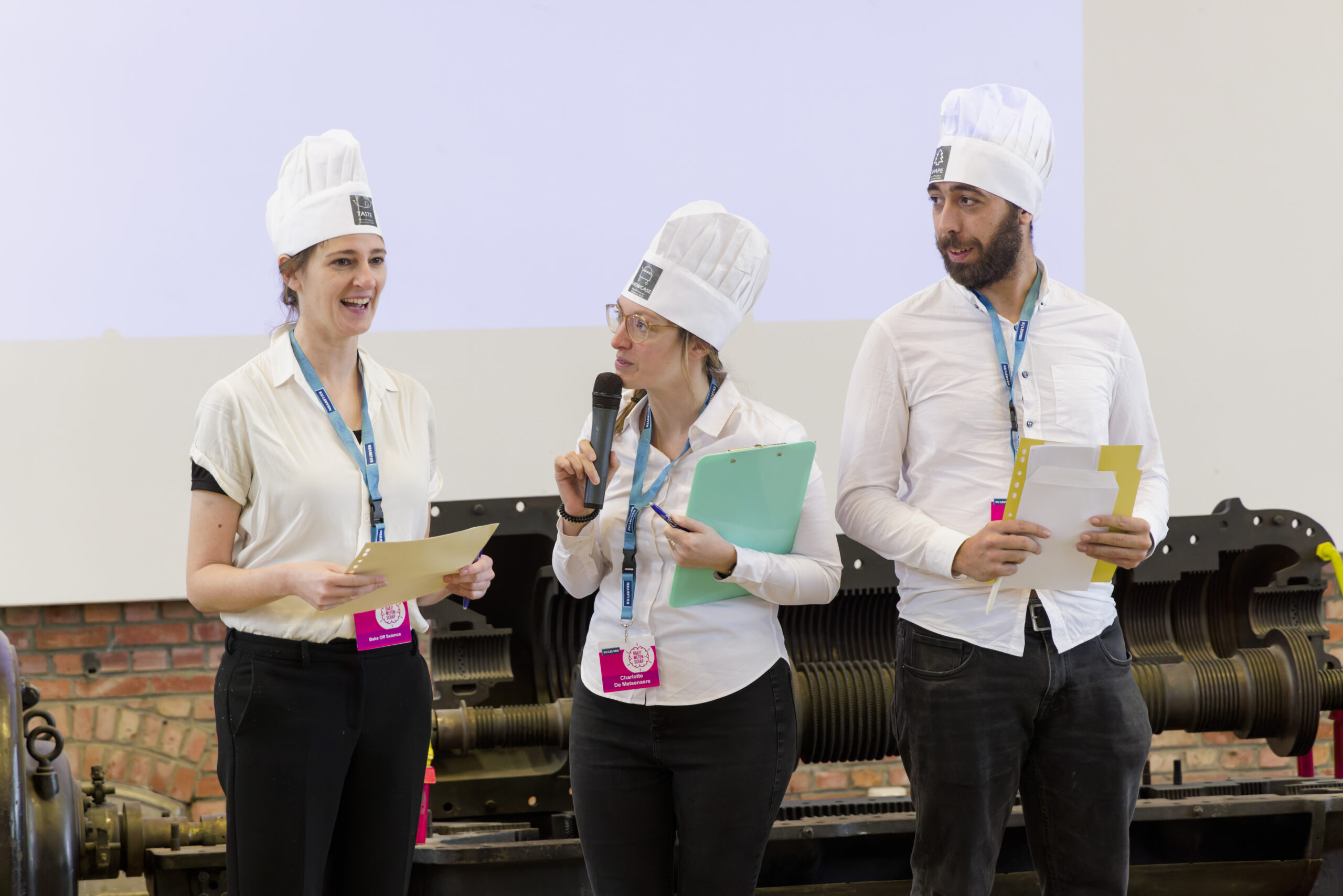
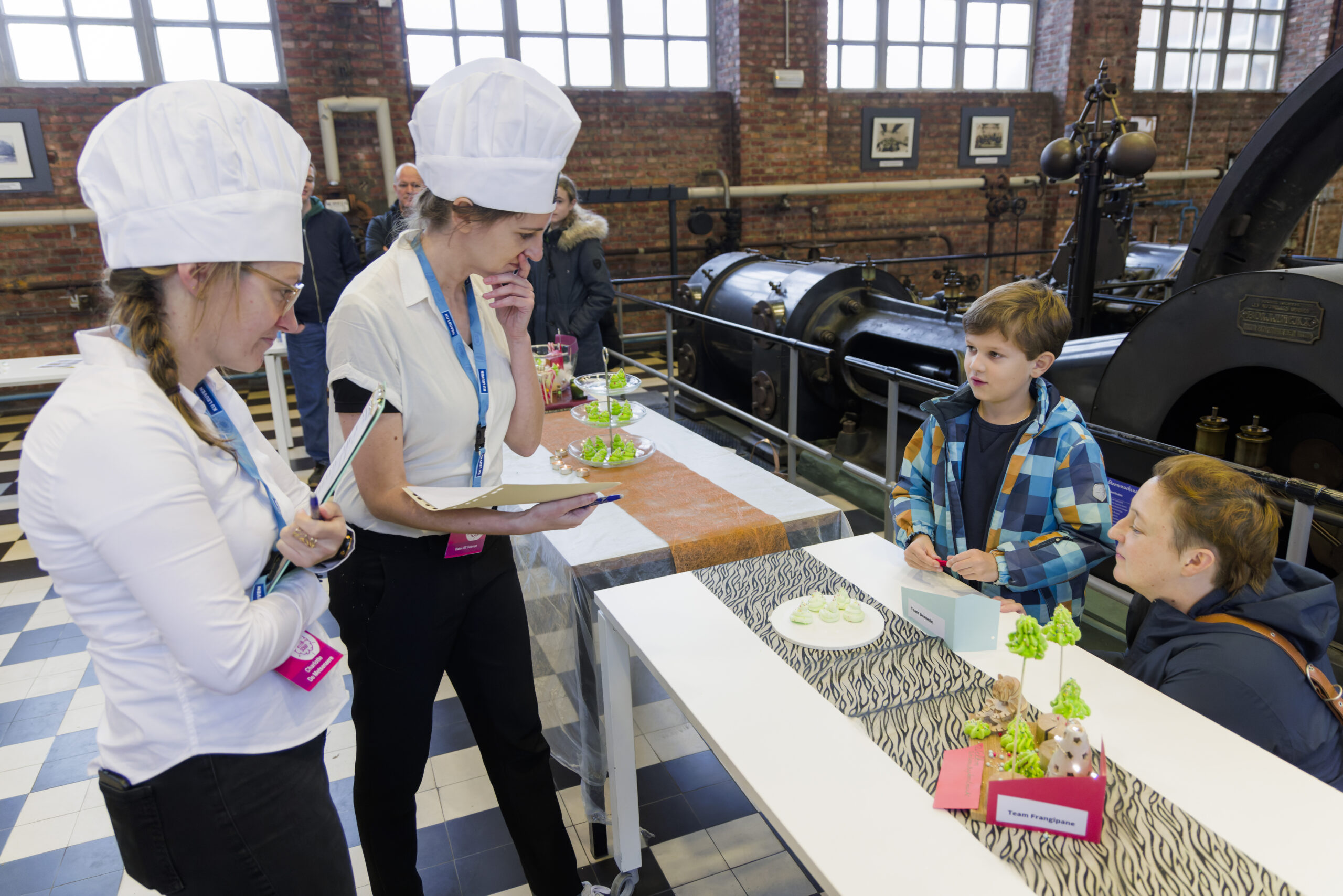

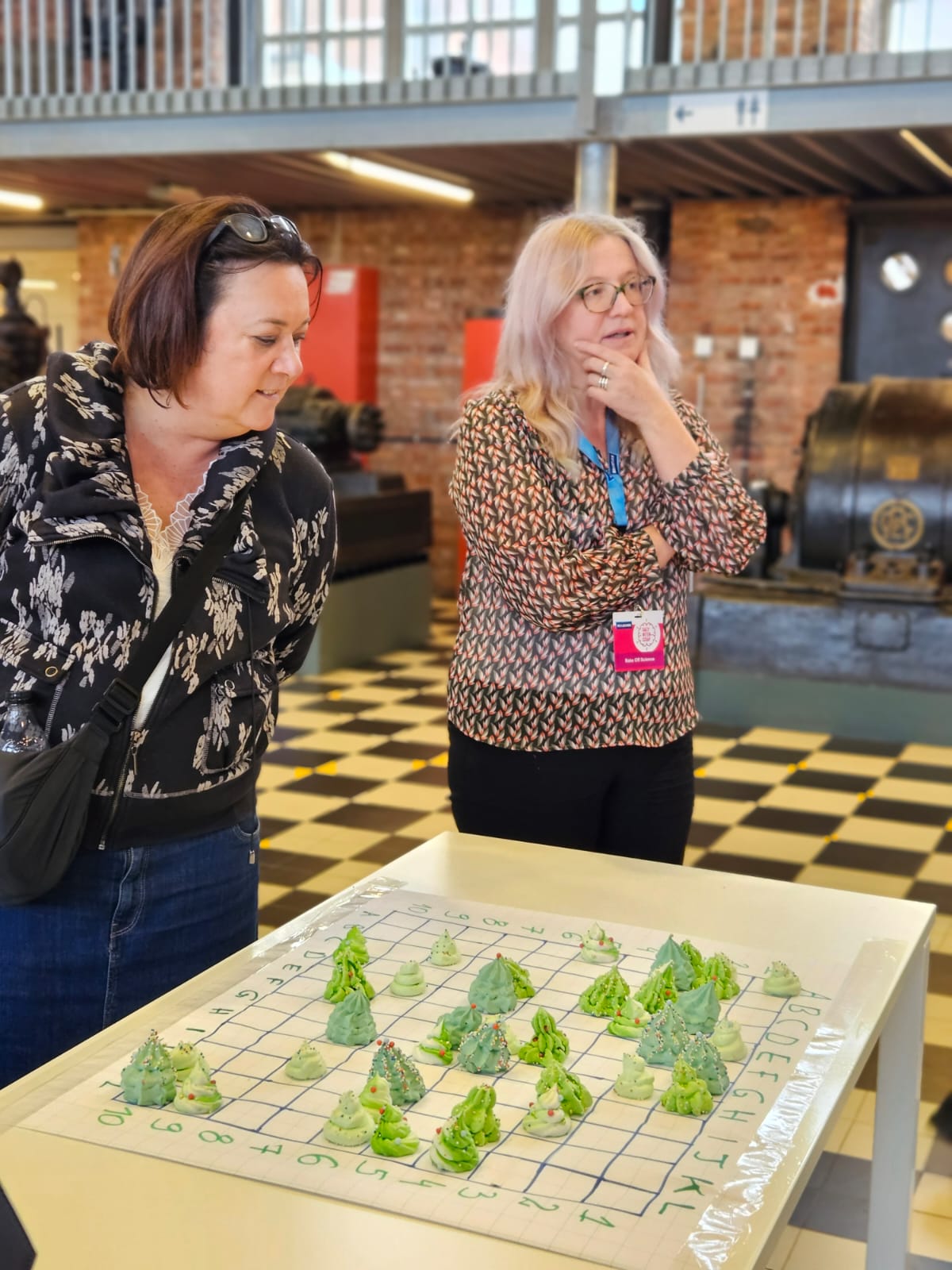

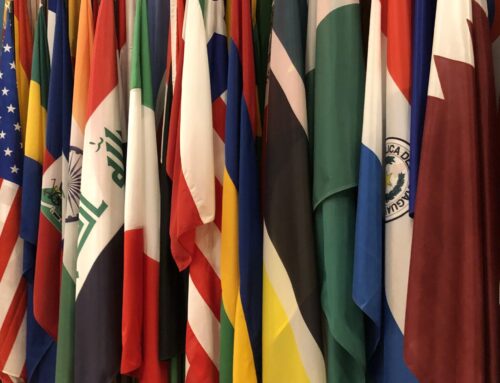
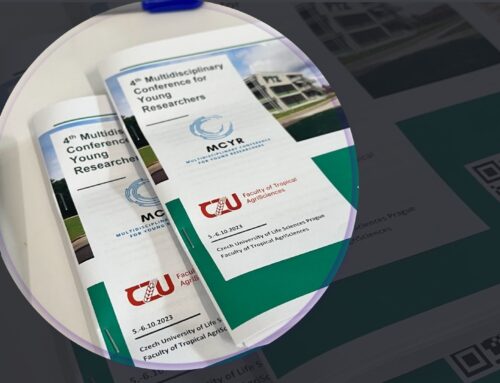
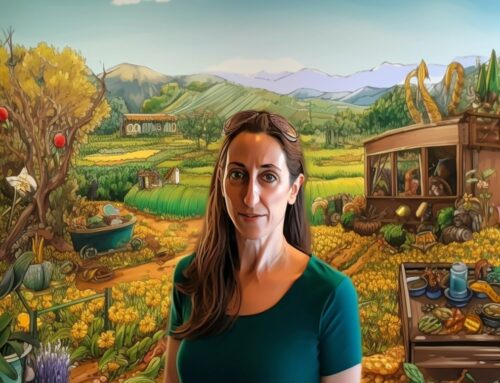



Keep In Touch